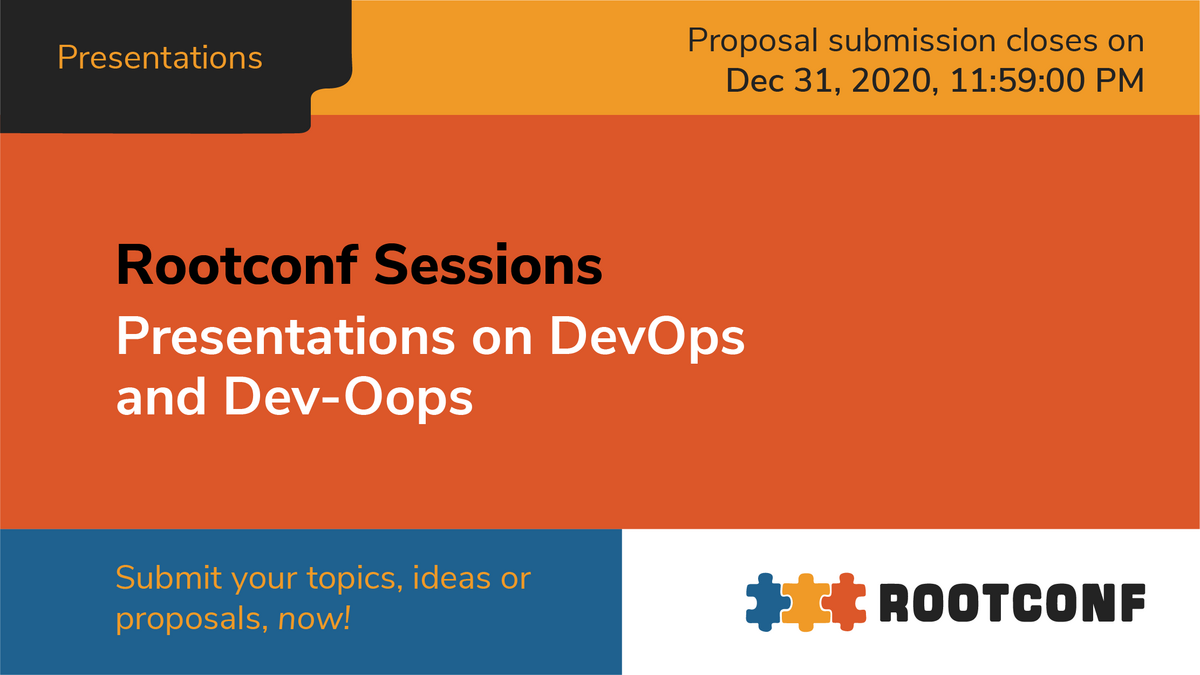
GG
Gurshabad Grover
@genlock
How India Censors The Web
Submitted Mar 11, 2020
Format of the session:
Full talk (40 mins)
One of the primary ways in which India engages in online censorship is by ordering Internet Service Providers (ISPs) operating in its
jurisdiction to block access to certain websites for its users. This paper reports the different techniques Indian ISPs are using to censor websites, and investigates whether website blocklists are consistent across ISPs. We propose a suite of tests that prove more robust than previous work in detecting DNS and HTTP based censorship. Our tests also discern the use of SNI inspection for blocking websites, which is previously undocumented in the Indian context. Using information from court orders, user reports, and public and leaked government orders, we compile the largest known list of potentially blocked websites in India. We pass this list to our tests and run them from connections of six different ISPs, which together serve more than 98% of Internet users in India. Our findings not only confirm that ISPs are using different techniques to block websites,but also demonstrate that different ISPs are not blocking the same websites.
Outline
Will mostly aim to follow the structure of the paper https://arxiv.org/pdf/1912.08590.pdf, but will be inserting stories of website blocking to contextualise the research and make it more intuitive.
-
Legal background
I will briefly discuss Sections 69A and 79 of the Information Technology (IT) Act that permit the Government and courts to order ISPs to block websites, and the concerns they create around transparency of orders and the lack of information around how ISPs implement website blocking.
-
Motivation to study the problem
I will share 2-3 stories of website blocking, specifically IndianKanoon.org and dowrycalculator.org to illustrate the problem. Further, I will talk about attempts by civil society activists to get lists of blocked websites.
-
Methodology
3.1 Data curation (how we constructed the largest list of potentially blocked websites)
3.2 Network tests (IP/TCP, DNS, HTTP, TLS SNI) -
Results
4.1 Censorship techniques: what ISPs are using what methods to block websites?
4.2 Website blocklists: are ISPs blocking the same websites? -
Conclusion and future work
I will discuss the implications of our work on our understanding of web censorship, and how it forms evidence for reform of certain provisions in the IT Act.
Requirements
A critical mind :)
We’re expanding this work in the coming months, and would love feedback.
Speaker bio
I manage legal and technical research in the freedom of expression team at the Centre for Internet and Society (CIS). I am interested in network security, constitutional law on the freedom of expression, and intermediary liability. I also lead CIS’ engagement at the Internet Engineering Task Force (IETF), where I aim to advance security and privacy considerations in network protocols.
Links
- The paper I will be presenting: https://arxiv.org/pdf/1912.08590.pdf
- A blogpost that I co-authored on how Jio is using Server Name Indication (SNI) information to block websites: https://cis-india.org/internet-governance/blog/reliance-jio-is-using-sni-inspection-to-block-websites
- A talk I gave earlier on encrypted SNI: https://www.youtube.com/watch?v=q2T0bvQA5Ig

{{ gettext('Login to leave a comment') }}
{{ gettext('Post a comment…') }}{{ errorMsg }}
{{ gettext('No comments posted yet') }}